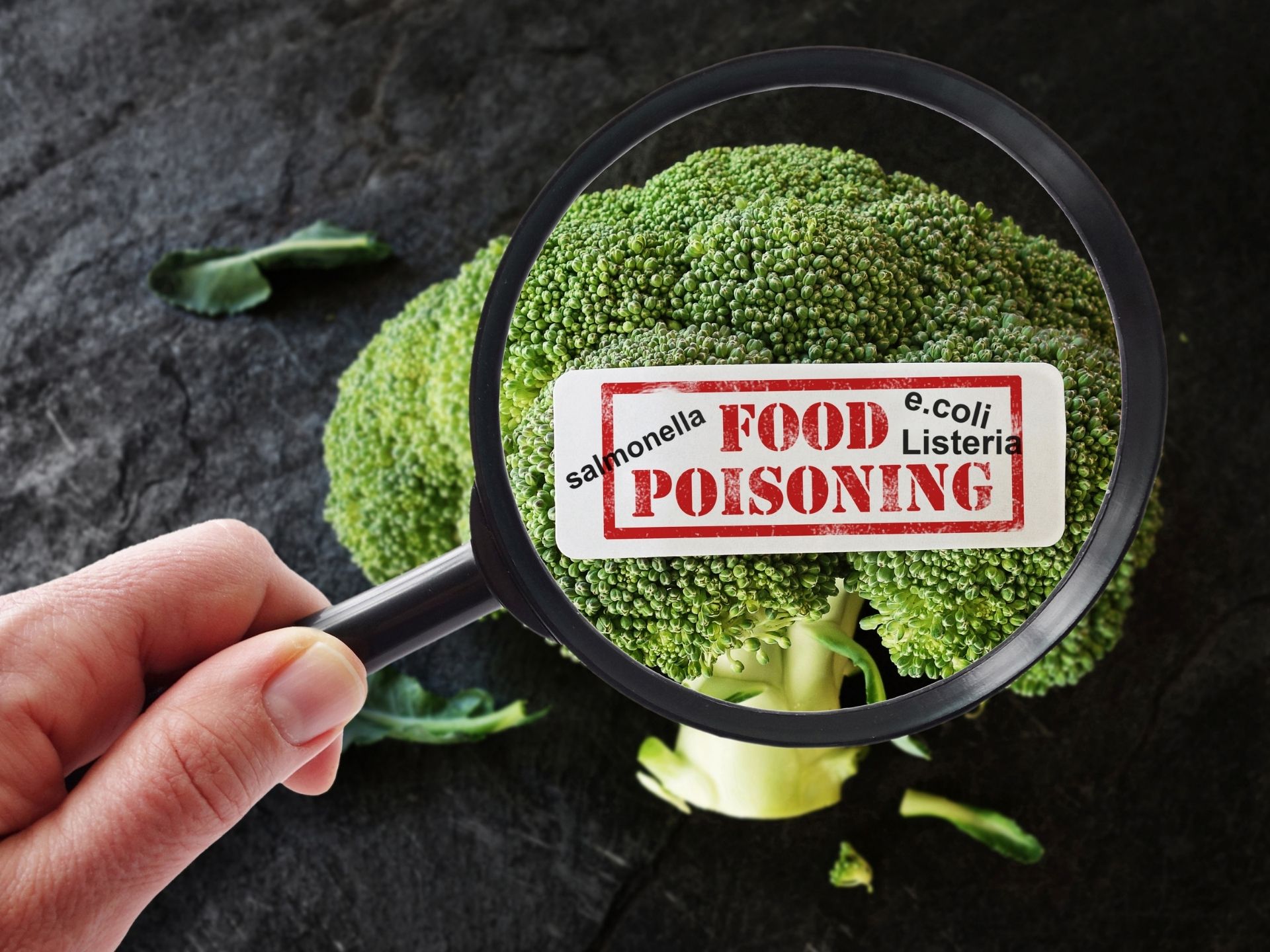Causes and risk factors
Food poisoning is caused due to consumption of food which is contaminated with organisms like bacteria, fungi and viruses. Contamination by bacteria is more commonly seen. Among all the bacteria’s staphylococci or E coli contamination is more common. Various factors contribute to the infection. Consumption of undercooked meat or eggs, raw fish or vegetables which are not properly washed before cooking, use of unclean utensils for cooking and serving are some of the factors responsible. Rotten or stale food consumption, drinking water from stream or well which is contaminated can also lead to food poisoning. Old people, person suffering from chronic illness, an individual with weak immunity and pregnant women are more prone for food poisoning.
Clinical presentation:
Food poisoning can occur in an individual at a time or can affect large number of people at one time only. Commonly affections at restaurants, at some function or parties or cafeterias can occur. Symptoms develop 2-6 hours after consumption of contaminated food. The patients suffer from nausea, vomiting, and pain in abdomen. The pain is dull aching or crampy in nature. Diarrhea occurs. The patient passes loose watery stools containing undigested food particles. At times the stools are bloody. This loss of water from body leads to dehydration. Fevers along with chills are seen. Loss of appetite occurs leading to weakness. Although rare, in extreme cases dehydration can be fatal.
Investigations:
Usually in cases of simple food poisoning investigations are not needed, Symptoms narrated by the patients or the relatives of the patient and abdominal examination done by the doctor are helpful to come up to the diagnosis. There is always a history of consumption of food just prior to appearance of symptoms. Along with this a simple blood test, stool test and electrolytes level is carried out which aids in confirmation of diagnosis. If required ultrasonography of the abdomen can be done.
Treatment:
In mild cases the symptoms usually resolve over a week. Medications like antidiarrhoeal drugs or pain reliving medications along with anti pyretic medications are prescribed. Antibiotics can be started to combat the infection. Maintenance of hydration is of utmost importance. Adequate intake of fluids is advised .In severe cases where dehydration supervenes, intra venous administration of fluids are necessary. Drinking boiled water and maintaining both personal and environmental hygiene, avoiding eating outside food is necessary. It is also equally important to adopt measures to cook food in hygienic condition and under aspetic precautions.
Other Modes of treatment:
Certain other modes of treatment can also be helpful in coping up the symptom. Taking into consideration the symptoms in holistic way, homoeopathy can offer a good aid for the relief of the symptoms. The Ayurvedic system of medicine which uses herbs and synthetic derivates can also be beneficial in combating the complaints
Recent updates:
As per the article published in Food Control Journal, Cinnamon cassia oil acts as a natural anti bacterial agent and can be effective in reducing the cases of food poisoning.






























